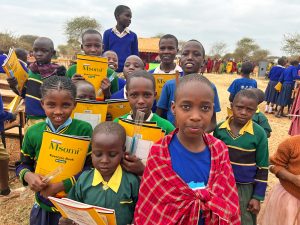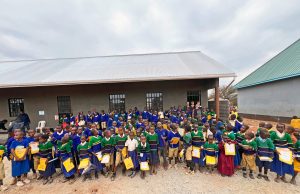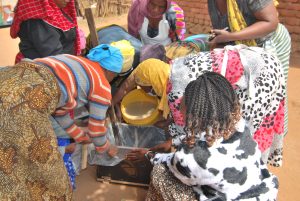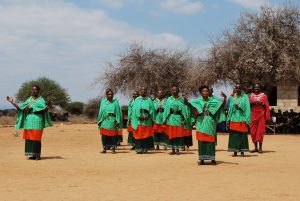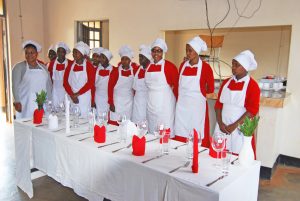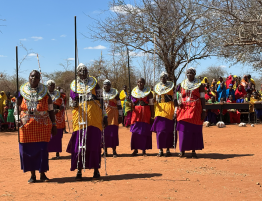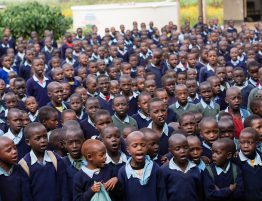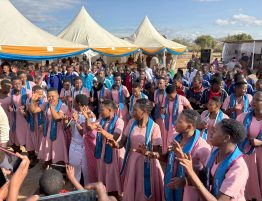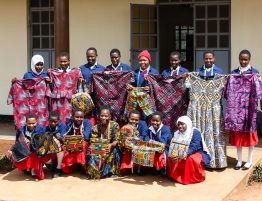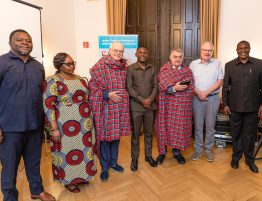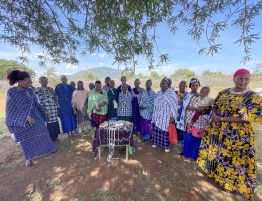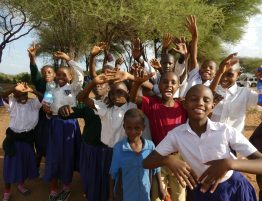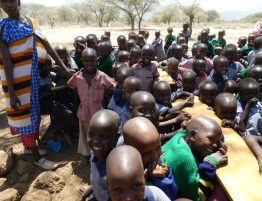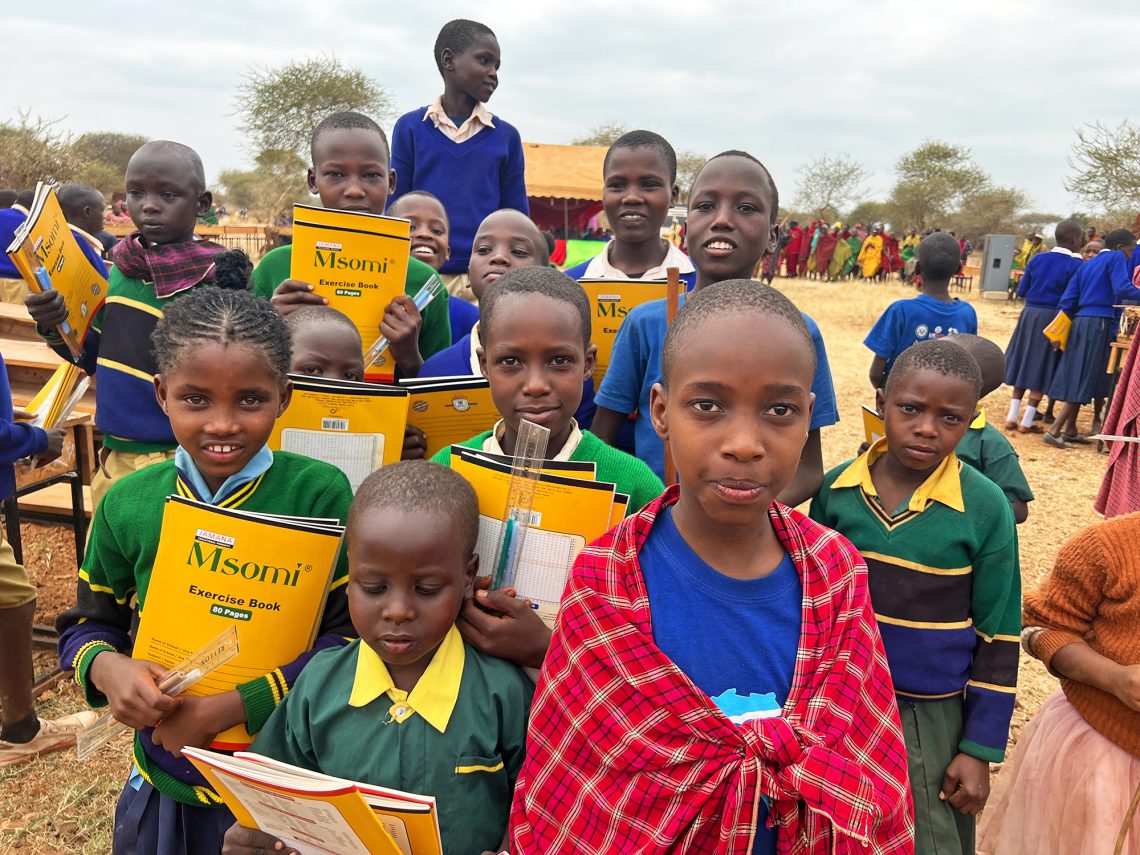
Thanks to the financial support of our friends and sponsors, upendo has already been able to build and hand over numerous school buildings to the Tanzanian government this year. The handover ceremony for two classrooms, along with equipment and sanitary facilities for the Naankaileer primary school, marks the latest success in our long-standing cooperation with our partner organisation ECLAT. Further school handover ceremonies are planned during the rest of the year and for next spring. In addition, various capacity-building projects, such as women’s work and campaigns to promote the acceptance of family planning, are being driven forward by upendo.
School projects
Even today, not all children in Tanzania attend school. This is particularly true in the largely rural district of Simanjiro. However, the local population is increasingly recognising that education is a key prerequisite for their future. As a result, individual village communities regularly approach our partners in Tanzania with requests for support. The individual village communities are often highly motivated to improve the educational situation quickly. In many cases, this can be seen, for example, in the fact that individual communities are doing their utmost to start construct buildings themselves. This was also the case with the Naankaileer primary school mentioned at the beginning. Here, the village community has erected a large community building to such an extent that teaching could at least begin. This provides a favourable basis for encouraging as many children as possible to attend school.
The closely involved district government has also agreed to significantly increase the number of teachers in the Simanjiro district. At the handover of the Naankaileer primary school, a government representative also announced that a village native who had graduated from teacher training would be given a permanent position at this very school.
Women’s work
The women’s work carried out by ECLAT employees is making great progress. This includes regular training of women’s groups in the villages and at the women’s centre so that they can learn to build their own economic livelihoods. Depending on the interests of the respective group members, various activities are considered, such as the production of liquid or solid soap. As a result of the coronavirus pandemic, the value of cleansing products has increased significantly, meaning that their production can generate a relevant income. Another important aspect is that the women cooperate within a community according to rules they have chosen themselves, sharing the work and planning for the long term.
Family planning
Having many children is still highly regarded in Maasai culture today. However, these children must be cared for and given the opportunity to receive an education and live a decent life. The population is slowly beginning to understand this connection, and the topic of family planning is gaining acceptance. Nevertheless, ECLAT believes that considerable effort is still needed in this area to reduce population growth.
Training for young women
At the end of January, the second class of young women began their two-year vocational training programme. As before, the class comprises girls aged between 14 and 20. Without the opportunity offered by the training project, most, if not all, of these girls would be married off in the near future.
Although only a few months have passed since the start of the training, the 32 participants in this year’s programme were recently able to demonstrate their impressive achievements during a visit, both in the area of food and beverage production and clothing and tailoring.
Construction work on the training centre is continuing. The workshop premises are already in place, but the interior work still needs to be completed. For this reason, some of the training is still taking place in ECLAT’s adjacent women’s centre. Once this work is complete, the women’s centre will also have more space available for ECLAT’s women’s work.
Fotos: Gisela Faulhaber, Grafik-Design: Heike Ponge, Translation newsletter (German-English): Marita Sand

